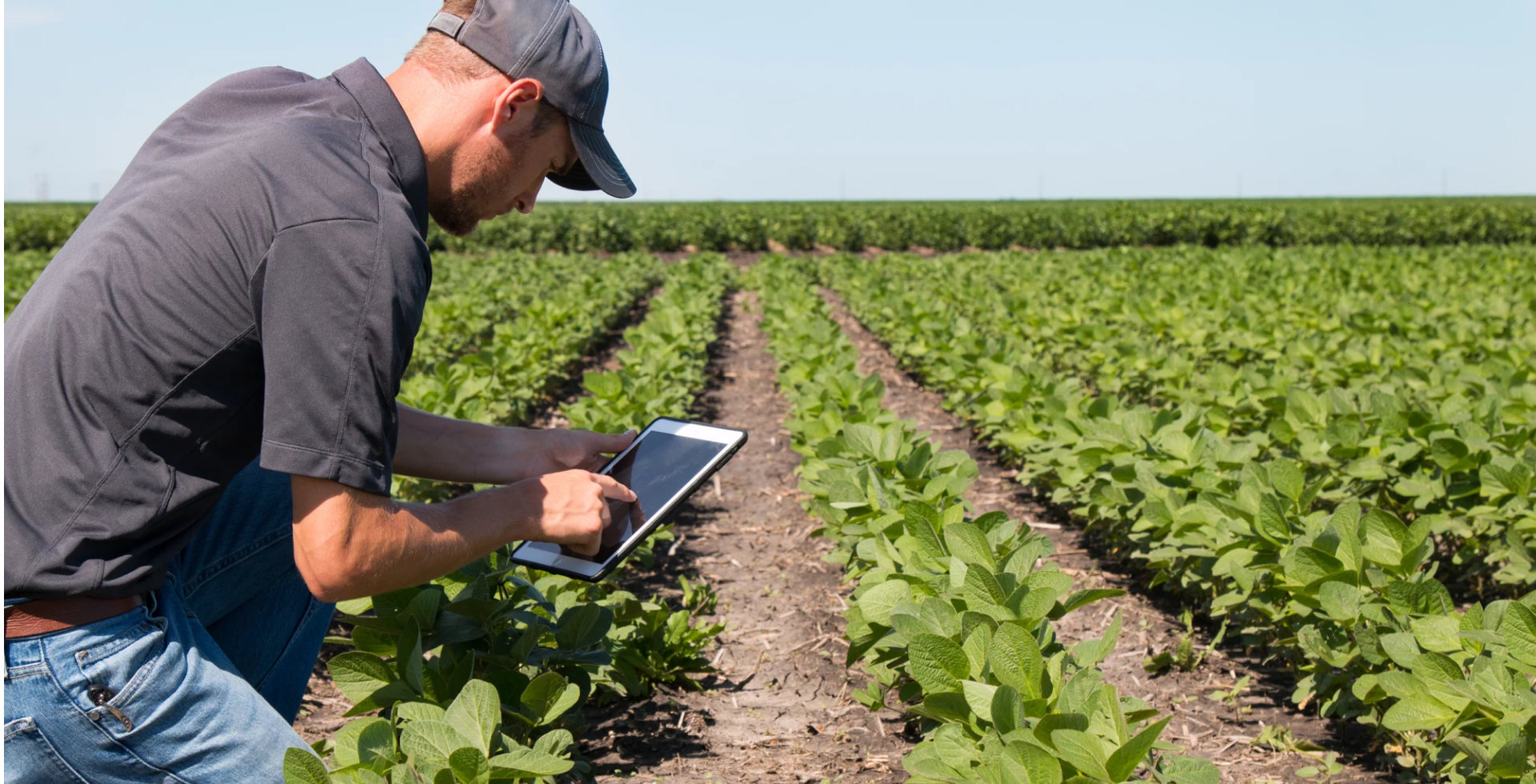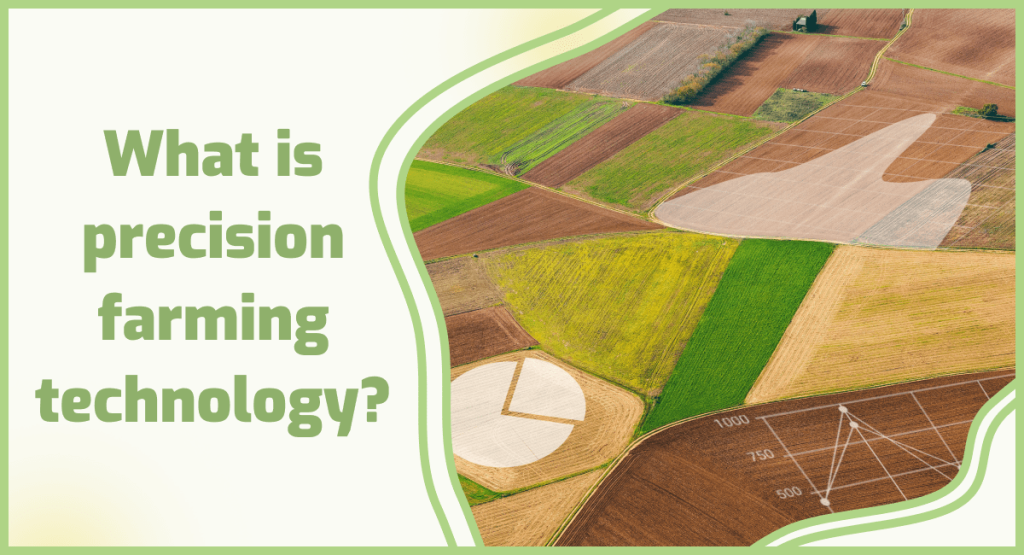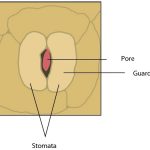Imagine having the power to transform your farming practices with just a few clicks. Precision agriculture is doing exactly that.
It’s revolutionizing how you understand and manage your fields. Picture using data and technology to make smarter decisions, increase your yields, and reduce your costs. Sounds intriguing, right? You’re about to discover how precision agriculture can reshape your farming world with techniques that are not only innovative but also incredibly beneficial.
Dive in to uncover how this approach can be your game-changer in achieving more efficient and sustainable farming.
Technologies In Precision Agriculture
Precision agriculture uses technology to improve farming efficiency and productivity. It helps farmers manage crops and livestock more effectively. With advanced tools, farmers can reduce waste and increase yields. This approach relies on various technologies to gather and analyze data.
Satellite Imagery
Satellite imagery provides detailed views of large farm areas. It helps monitor crop health and soil conditions. Farmers can see changes over time. This technology allows for better decision-making. It reduces the need for frequent field visits.
Gps Technology
GPS technology guides tractors and equipment. It ensures precise planting and harvesting. Farmers can save time and resources. GPS helps avoid overlapping and gaps in the field. This leads to more efficient farming practices.
Drones
Drones offer aerial views of crops and fields. They capture high-quality images and videos. Farmers can assess crop health quickly. Drones help identify problem areas. They are useful for monitoring large areas fast.
Soil Sensors
Soil sensors measure moisture and nutrient levels. They provide real-time data to farmers. This helps in applying the right amount of water and fertilizer. It improves crop growth and conserves resources. Soil sensors contribute to sustainable farming.
Data Analytics
Data analytics processes information from various sources. It helps in predicting crop yields and identifying trends. Farmers can make informed decisions based on data. This enhances productivity and reduces risks. Data analytics is crucial in precision agriculture.

Data-driven Decision Making
Precision agriculture uses data-driven techniques to enhance farming efficiency. Sensors, drones, and GPS technology help farmers optimize resources. Benefits include improved crop yields, reduced waste, and sustainable farming practices.
Precision agriculture has transformed farming by leveraging data-driven decision making. This method uses technology to collect and analyze data, helping farmers make informed choices. Imagine knowing exactly when to water your crops or how much fertilizer to use, not based on guesswork but on real-time information.Understanding Data Collection
Data collection is the backbone of precision agriculture. Sensors and drones gather data on soil moisture, crop health, and weather conditions. These tools provide insights that can lead to better crop yields and resource conservation. Think about how much time and resources you can save by having accurate information at your fingertips.Analyzing Data For Insights
Once you have the data, the next step is analysis. Software tools convert raw data into actionable insights. Imagine having a report that shows which parts of your field need more attention. This analysis helps in optimizing inputs like water and fertilizer, reducing waste, and boosting productivity.Implementing Changes Based On Data
Data-driven decision making is not just about gathering and analyzing data; it’s about applying it effectively. Consider a farmer who adjusts irrigation schedules based on soil moisture data. This approach not only saves water but also improves crop health. How can you use data to improve your farming practices?Benefits Of Data-driven Decision Making
The benefits are clear: increased efficiency, reduced costs, and improved yields. By using data to guide decisions, you can enhance your farm’s sustainability and profitability. Reflect on the potential impact on your farming operations. Could this be the key to achieving your agricultural goals? Data-driven decision making in precision agriculture is practical and powerful. It offers tangible benefits that can transform how you farm. Are you ready to embrace this smart approach and take your farming to the next level?Environmental Impact And Sustainability
Precision agriculture is transforming farming practices worldwide. It focuses on using technology to improve crop yields while preserving resources. This approach not only enhances productivity but also emphasizes environmental impact and sustainability. By integrating smart farming techniques, farmers can minimize waste and reduce environmental harm. Sustainable practices in agriculture ensure that natural resources are conserved for future generations.
Environmental Benefits Of Precision Agriculture
Precision agriculture reduces chemical use. Farmers apply fertilizers and pesticides only where needed. This targeted approach lessens runoff into water bodies. It keeps ecosystems healthier. By minimizing over-application, soil health improves over time. Healthier soil captures carbon, aiding climate stability.
Water Conservation Techniques
Water is a precious resource. Precision agriculture uses sensors to monitor soil moisture. This data guides irrigation decisions. Water is applied only when necessary. It prevents waste and ensures crops receive adequate moisture. Smart irrigation systems save water and reduce costs.
Reducing Carbon Footprint
Precision farming helps lower carbon emissions. Drones and GPS technology minimize tractor usage. Less fuel is burned, reducing greenhouse gases. Efficient machinery operation further cuts emissions. This leads to a smaller carbon footprint in farming.
Promoting Biodiversity
Precision agriculture supports biodiversity. By reducing chemical use, wildlife habitats thrive. Beneficial insects and pollinators flourish. Diverse ecosystems benefit crops. They improve pest control naturally. This balance supports agricultural sustainability.

Economic Advantages For Farmers
Precision agriculture boosts farmers’ profits. It uses technology to improve crop yields and reduce waste. This method saves money by targeting resources like water and fertilizers where needed most.
Precision agriculture is transforming the farming landscape by offering significant economic advantages for farmers. By using technology to optimize field-level management, farmers can boost their productivity and profitability. But what does this mean for you, and how can you harness these benefits? Let’s explore the economic advantages precision agriculture brings to the table.Reduced Input Costs
Precision agriculture allows you to apply fertilizers, pesticides, and water precisely where they are needed. This targeted approach reduces waste and lowers costs. Imagine applying only the necessary amount of fertilizer, saving you money and reducing environmental impact.Increased Yields
By using data-driven insights, you can improve crop yields. Technologies like GPS-guided machinery and soil sensors help you make informed decisions. Higher yields mean more produce to sell, which translates to increased revenue.Optimized Resource Use
Smart technology helps you use resources efficiently. For example, variable rate technology (VRT) adjusts the amount of inputs based on the specific needs of different areas of your field. This precision helps you conserve resources and maintain soil health.Time Savings
Automation and data analytics streamline farming operations. With less time spent on manual tasks, you can focus on strategic planning and other important aspects of your business. How much more could you accomplish with a few extra hours each week?Risk Management
Data analytics allows you to predict and mitigate risks. By understanding weather patterns and soil conditions, you can prepare for potential challenges. This proactive approach reduces the likelihood of crop failure and financial loss.Better Decision-making
Access to real-time data helps you make informed decisions quickly. Whether it’s adjusting planting schedules or choosing the right crop varieties, data empowers you to act decisively. Are you ready to make smarter choices for your farm’s future? Precision agriculture offers practical and actionable insights that can lead to substantial economic benefits. By embracing these techniques, you can increase efficiency, reduce costs, and ultimately improve your bottom line. How will you integrate these advantages into your farming practices?
Conclusion
Precision agriculture offers valuable techniques for modern farming. It boosts crop yield. Reduces waste. Enhances resource management. Farmers gain better control over their fields. They save time and money. Technology like GPS and sensors play key roles. These tools provide vital data.
They help farmers make smart decisions. Precision agriculture supports sustainable practices. It benefits both farmers and the environment. With its advantages, precision agriculture shapes the future of farming. Embrace these methods to improve agricultural efficiency. Keep exploring innovative farming techniques.
Better results await those who adapt and grow.



